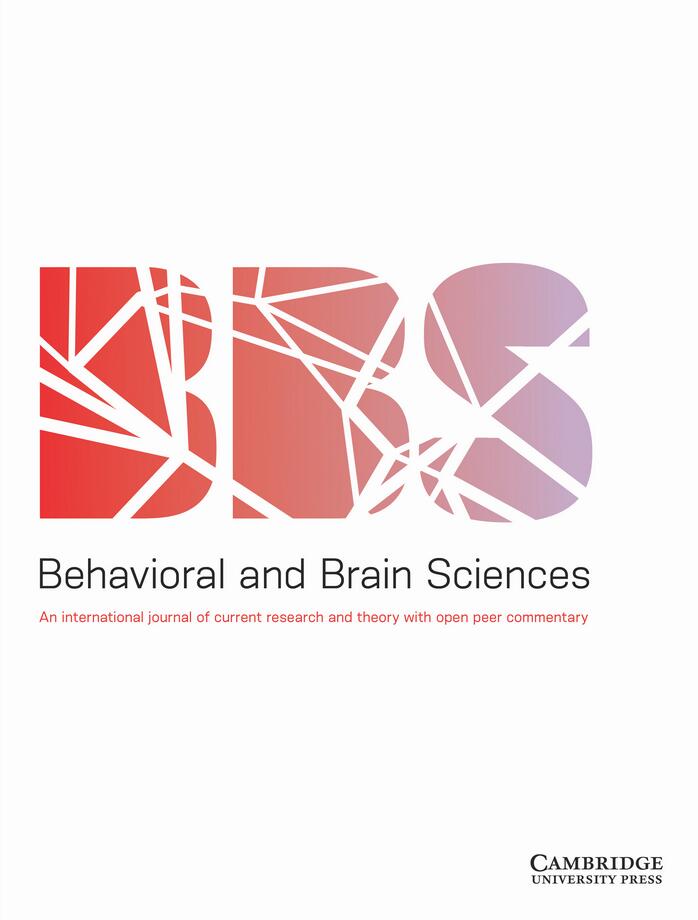元学习模型和情感-家庭静态在人类认知中的作用。
IF 16.6
1区 心理学
Q1 BEHAVIORAL SCIENCES
引用次数: 0
摘要
Binz等人提出的元学习框架如果能纳入情感和同态元素,将大有裨益,而这些元素目前在他们的工作中被忽视了。这些要素至关重要,因为我们所知的认知受到情感状态的深刻影响,而情感状态则是生物体内同态调节的复杂形式。本文章由计算机程序翻译,如有差异,请以英文原文为准。
Meta-learning modeling and the role of affective-homeostatic states in human cognition.
The meta-learning framework proposed by Binz et al. would gain significantly from the inclusion of affective and homeostatic elements, currently neglected in their work. These components are crucial as cognition as we know it is profoundly influenced by affective states, which arise as intricate forms of homeostatic regulation in living bodies.
求助全文
通过发布文献求助,成功后即可免费获取论文全文。
去求助
来源期刊

Behavioral and Brain Sciences
医学-行为科学
CiteScore
1.40
自引率
1.70%
发文量
353
期刊介绍:
Behavioral and Brain Sciences (BBS) is a highly respected journal that employs an innovative approach called Open Peer Commentary. This format allows for the publication of noteworthy and contentious research from various fields including psychology, neuroscience, behavioral biology, and cognitive science. Each article is accompanied by 20-40 commentaries from experts across these disciplines, as well as a response from the author themselves. This unique setup creates a captivating forum for the exchange of ideas, critical analysis, and the integration of research within the behavioral and brain sciences, spanning topics from molecular neurobiology and artificial intelligence to the philosophy of the mind.
 求助内容:
求助内容: 应助结果提醒方式:
应助结果提醒方式:


